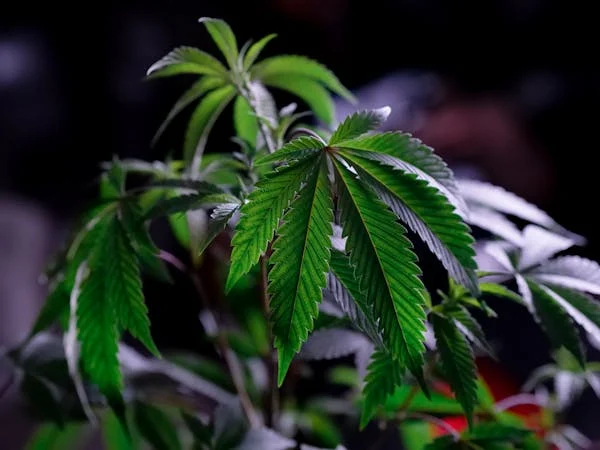A Beginner’s Guide to Exploring THCa Flower
As the cannabis industry continues to evolve, new products and compounds are gaining attention. One such compound is Pure organic THCa flower, a non-psychoactive cannabinoid found in raw cannabis plants. This guide aims to provide an understanding of THCa flower, its benefits, and how to explore it effectively.
Understanding THCa
THCa, or tetrahydrocannabinolic acid, is a precursor to THC, the compound responsible for the psychoactive effects of cannabis. THCa is found in raw and live cannabis plants and converts to THC when exposed to heat through a process called decarboxylation. Unlike THC, THCa flower does not produce a high, making it an attractive option for those seeking the therapeutic benefits of cannabis without the psychoactive effects.
Benefits of THCa
Research into THCa is still in its early stages, but preliminary studies and anecdotal evidence suggest several potential benefits:
- Anti-inflammatory properties: THCa may help reduce inflammation, making it beneficial for conditions like arthritis and other inflammatory diseases.
- Neuroprotective effects: Some studies indicate that THCa may protect brain cells, potentially offering benefits for neurodegenerative diseases.
- Anti-emetic properties: THCa might help reduce nausea and vomiting, which can be particularly useful for patients undergoing chemotherapy.
- Appetite stimulation: Like THC, THCa may help stimulate appetite, which can be beneficial for individuals with eating disorders or those undergoing treatments that affect appetite.
Exploring THCa Flower
For those new to THCa flower, understanding how to explore it can enhance the experience. Here are some key points to consider:
Choosing the Right Product
When selecting THCa flower, quality is paramount. Look for products that are lab-tested to ensure purity and potency. Reputable dispensaries often provide detailed information about their products, including cannabinoid profiles and terpene content.
Methods of Consumption
THCa flower can be consumed in various ways, each offering unique benefits:
- Raw consumption: Consuming raw cannabis leaves or flowers in smoothies or salads preserves THCa in its natural form.
- Juicing: Juicing raw cannabis is a popular method to intake THCa without any psychoactive effects.
- Tinctures and oils: These can be made from THCa flower and consumed sublingually for quick absorption.
Potential Side Effects
While THCa is generally considered safe, some individuals may experience mild side effects. These can include dry mouth, slight dizziness, or changes in appetite. It’s advisable to start with a small dose and monitor how your body responds.
Case Studies and Research
Several studies have explored the potential benefits of THCa. For instance, a study published in the British Journal of Pharmacology highlighted THCa’s anti-inflammatory properties. Another research article in the Journal of Neuroimmune Pharmacology discussed its neuroprotective effects. These studies, among others, provide a foundation for understanding the potential therapeutic applications of THCa.
Statistics and Market Trends
The cannabis market is witnessing a growing interest in non-psychoactive cannabinoids like THCa. According to a report by Grand View Research, the global legal marijuana market size was valued at USD 9.1 billion in 2020 and is expected to expand at a compound annual growth rate (CAGR) of 26.7% from 2021 to 2028. This growth is partly driven by the increasing demand for cannabis products with therapeutic benefits without psychoactive effects.
Conclusion
THCa flower offers a unique opportunity for those interested in the therapeutic benefits of cannabis without the high associated with THC. By understanding its properties, benefits, and methods of consumption, beginners can make informed decisions about incorporating THCa into their wellness routine. As research continues to unfold, the potential applications of THCa are likely to expand, offering new insights and opportunities in the cannabis industry.
